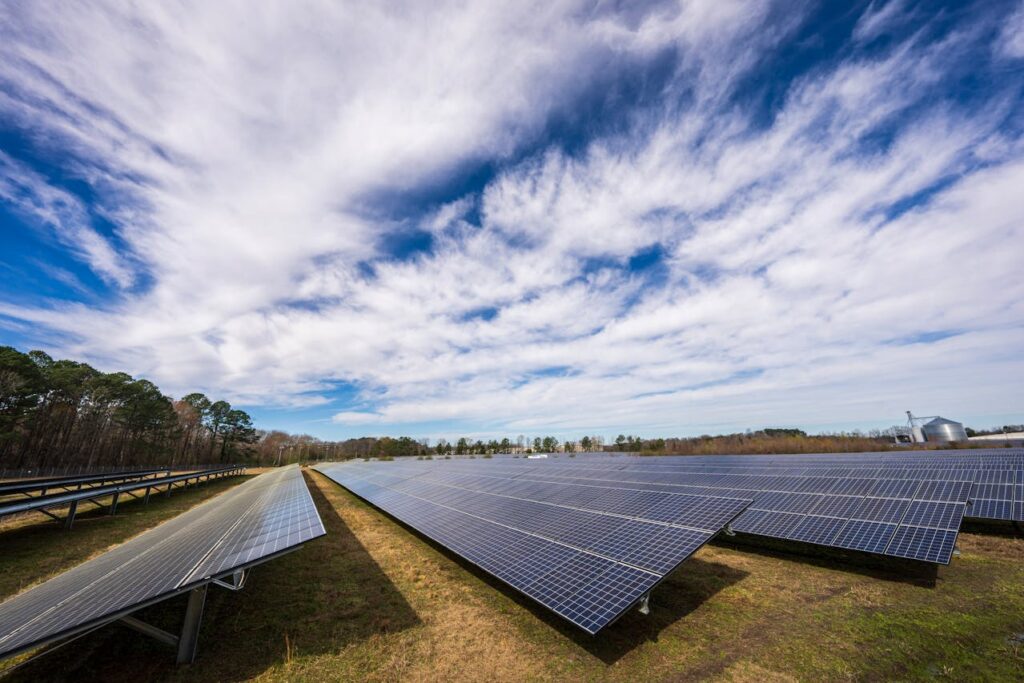If you’re considering investing in a home solar system, or already have one installed, you might wonder how your panels perform when the sun isn’t shining. Do solar panels work on cloudy days? The short answer is: yes, but with reduced efficiency.
Let’s break down how solar production is affected by clouds—and what you can do to maximize performance.
How Solar Panels Work in Cloudy Weather
Solar panels rely on sunlight to generate electricity, but that doesn’t mean they shut down on gray days. Even during cloudy weather or overcast days, solar panels can still produce electricity—just at a lower rate than on clear, sunny days.
In fact, high-quality photovoltaic systems are designed to work on cloudy days, often producing 10–25% of their normal output depending on cloud thickness and coverage. While solar panel efficiency dips in lower light, your system continues generating power as long as there’s ambient sunlight.
How to Improve Solar Energy Production on Cloudy Days
To make the most of your system’s performance on overcast days, many homeowners invest in solar battery storage. These batteries store excess energy produced on sunny days, allowing you to use solar energy at night or when solar generation dips.
This is especially useful if you live in an area with frequent cloud cover or unpredictable weather. Pairing your system with battery storage can help you power your home more consistently, even when the sun isn’t shining.
What About Solar Panels at Night?
You might also be asking: do panels work at night? The answer is no—solar panels require sunlight to generate electricity, so they don’t produce power in complete darkness. This is where solar battery storage and net metering come in.
With net metering, excess power your panels generate during the day is fed back into the grid. In return, you receive credits to use during times when your system isn’t producing energy, such as during the night or on very cloudy weather days. This ensures your energy production remains reliable around the clock.
So, Do Solar Panels Work on Cloudy Days?
Yes, solar panels work even when it’s cloudy. While they won’t be as productive as on a bright day, your system continues to function and support your home’s energy needs. With smart system design, solar battery storage, and support from tools like net metering, you can still enjoy meaningful savings and energy independence.
If you’re concerned about solar production in your region, talk to a certified installer who can evaluate your location, weather patterns, and recommend a system that meets your year-round energy goals.
Recycling Solar Panels When They Reach End of Life
While solar panels work even on cloudy days and continue serving your energy needs for decades, all systems eventually reach the end of their useful life—typically after 25 to 30 years. When that time comes, it’s critical to handle decommissioned equipment responsibly.
At PV Solar Recycling, we partner with U.S. businesses to collect and recycle solar panels, inverters, and batteries safely and compliantly. Whether you operate large-scale solar farms, commercial rooftop systems, or utility installations, we provide tailored solutions that support sustainability goals and meet all state and federal regulations.
From on-site pickup and transport to certified processing at licensed recycling facilities, we help you recover valuable materials and divert waste from landfills. Reach out today to learn how we can support your business with smart, environmentally responsible solar equipment disposal.

